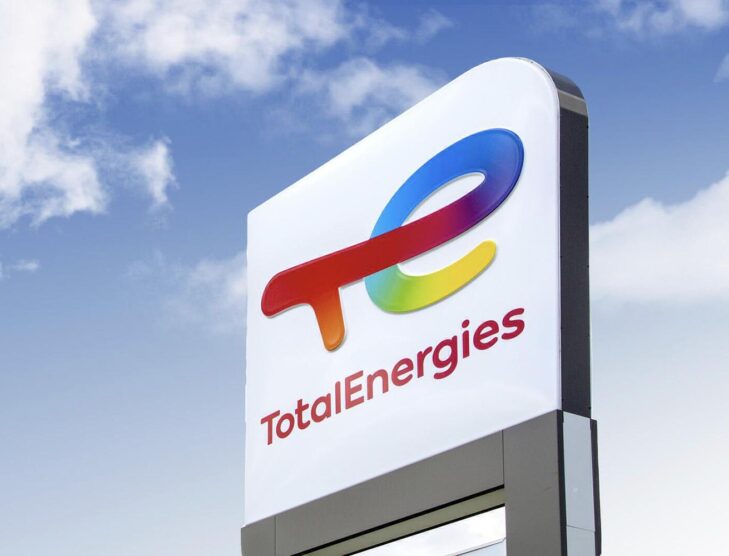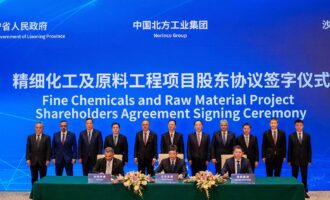
TotalEnergies to sell retail network in Germany and Netherlands
TotalEnergies is selling its fuel retail network in Germany and the Netherlands to Canadian convenience store leader Alimentation Couche-Tard. The agreement signed by the French energy company also includes a partnership with Couche-Tard in Belgium and Luxembourg.
The transaction is aligned with Europe’s and TotalEnergies’ net-zero ambition, the company said. TotalEnergies and Couche-Tard aim to close the transaction by the end of 2023.
TotalEnergies will form a 60-40 joint venture with Couche-Tard in Belgium and Luxembourg that will own and operate 619 service stations. TotalEnergies is a market leader in these two countries, and the partnership with Couche-Tard will accelerate the transformation of these assets by maximising their non-fuel sales.
In Germany and the Netherlands, where TotalEnergies is not a market leader, it will sell 100% of its service station network to Couche-Tard, including 1,198 service stations in Germany and 392 in the Netherlands. TotalEnergies will focus instead on developing new mobilities (electric and hydrogen) in these countries.
The service stations in the four countries will remain under the TotalEnergies brand as long as the fuel is supplied by the company, for at least five years, notably from its refineries in Antwerp, Belgium, and Leuna, Germany.
The planned transaction, based on an enterprise value of EUR3.1 billion (USD3.3 billion) covers the service station networks and the B2B fuel card activities. This amount is equivalent on a post-tax basis to more than 15 years of net cash flow. TotalEnergies will retain its activities related to off-station electric vehicle charging (charging hubs), hydrogen retail and wholesale fuel business, as well as the AS 24 service station network for trucks.
With its Green Deal and Fit for 55 legislative package, the European Union has taken practical steps toward achieving its ambition to become the first carbon-neutral continent. As part of this ambition, the European Parliament voted to end new sales of combustion-engine vehicles by 2035 to promote the development of zero-carbon vehicles. These major trends are prompting TotalEnergies to make decisions regarding the future of its fuel retail networks in Europe, which will see their fuel-related revenues decline, while electric vehicles will charge more often at home and at work, and less often in service stations.
This transaction is aligned with TotalEnergies’ strategy to become a multi-energy company and its ambition to get to net zero by 2050, together with society.
In particular, TotalEnergies has set a target of reducing its petroleum product sales by 30% by 2030 so that its fuel sales and refining throughput do not exceed its oil production. Since 2015, TotalEnergies has divested its service station networks in Italy, Switzerland and the United Kingdom.
Conversely, this strategy is leading TotalEnergies to develop actively in new mobilities. In electric mobility, the company is accelerating growth with a plan to deploy charging points on major roadways and in large cities in Europe. In hydrogen, TotalEnergies is developing a European network of hydrogen stations for trucks in partnership with Air Liquide.
TotalEnergies has been looking at ways to develop non-fuel revenues in its retail business. Service stations are becoming service hubs with shops, car washes, food services and other convenience features, rather than just fuel outlets. For this reason, TotalEnergies decided to partner with Couche-Tard and capitalise on its recognised expertise in operating convenience stores in service stations.
Couche-Tard, founded in 1980, is a world leader in 24/7 convenience stores offering food services, a shop and a service station. Couche-Tard has more than 14,000 sales outlets in North America, Asia and Northern Europe and more than 120,000 employees. With these agreements, Couche-Tard will provide its expertise to the TotalEnergies network and brand. During previous operations of this kind in Europe, Couche-Tard demonstrated its ability to integrate new teams and develop their skills.
This planned transaction is subject to the usual conditions, including the consultation processes of employee representatives and securing of mandatory authorisations from competition authorities.









